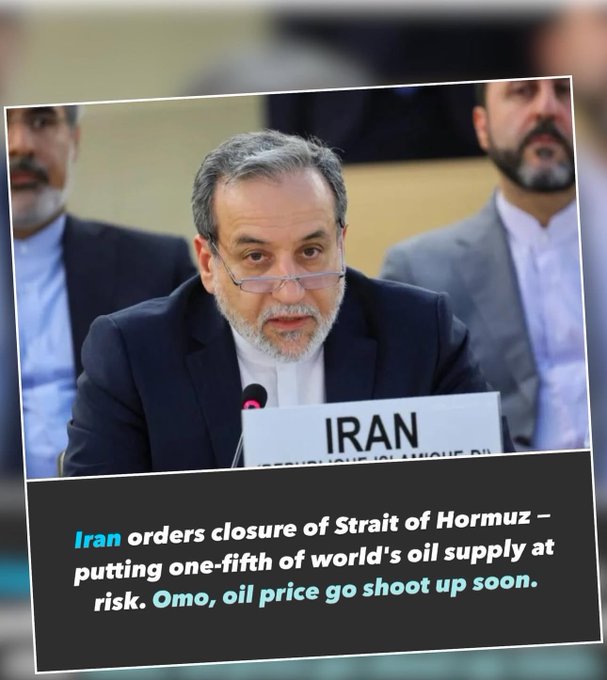In a dramatic escalation of Middle East tensions, Iran’s parliament has approved a motion to close the Strait of Hormuz, a critical maritime chokepoint through which nearly 20% of the world’s oil supply flows. The move follows recent U.S. airstrikes on Iranian nuclear facilities and has already sent shockwaves through global energy markets.
While the final decision rests with Iran’s Supreme National Security Council, the parliamentary endorsement signals Tehran’s readiness to retaliate against what it calls “acts of aggression” by the United States and its allies.
The Strait of Hormuz, a narrow waterway between Iran and Oman, is the only sea passage from the Persian Gulf to the open ocean. It handles not only a fifth of global oil shipments but also a significant portion of the world’s liquefied natural gas (LNG) trade.
Analysts warn that a full closure could push crude oil prices beyond $150 per barrel, up from under $80 just days ago. The ripple effects would be global—fuel costs, inflation, and supply chain disruptions are all on the table.
U.S. and allied naval forces are reportedly on high alert, while diplomatic channels scramble to de-escalate the situation. Meanwhile, countries heavily reliant on oil imports, including India, China, and much of Europe, are bracing for economic turbulence.
Though Iran has previously threatened to block the strait, this is the closest it has come to executing the threat. Experts caution that such a move could backfire economically on Iran itself, which also depends on the strait for its own exports.
As markets react and geopolitical tensions rise, the world watches anxiously—because when Hormuz closes, the global economy holds its breath.





